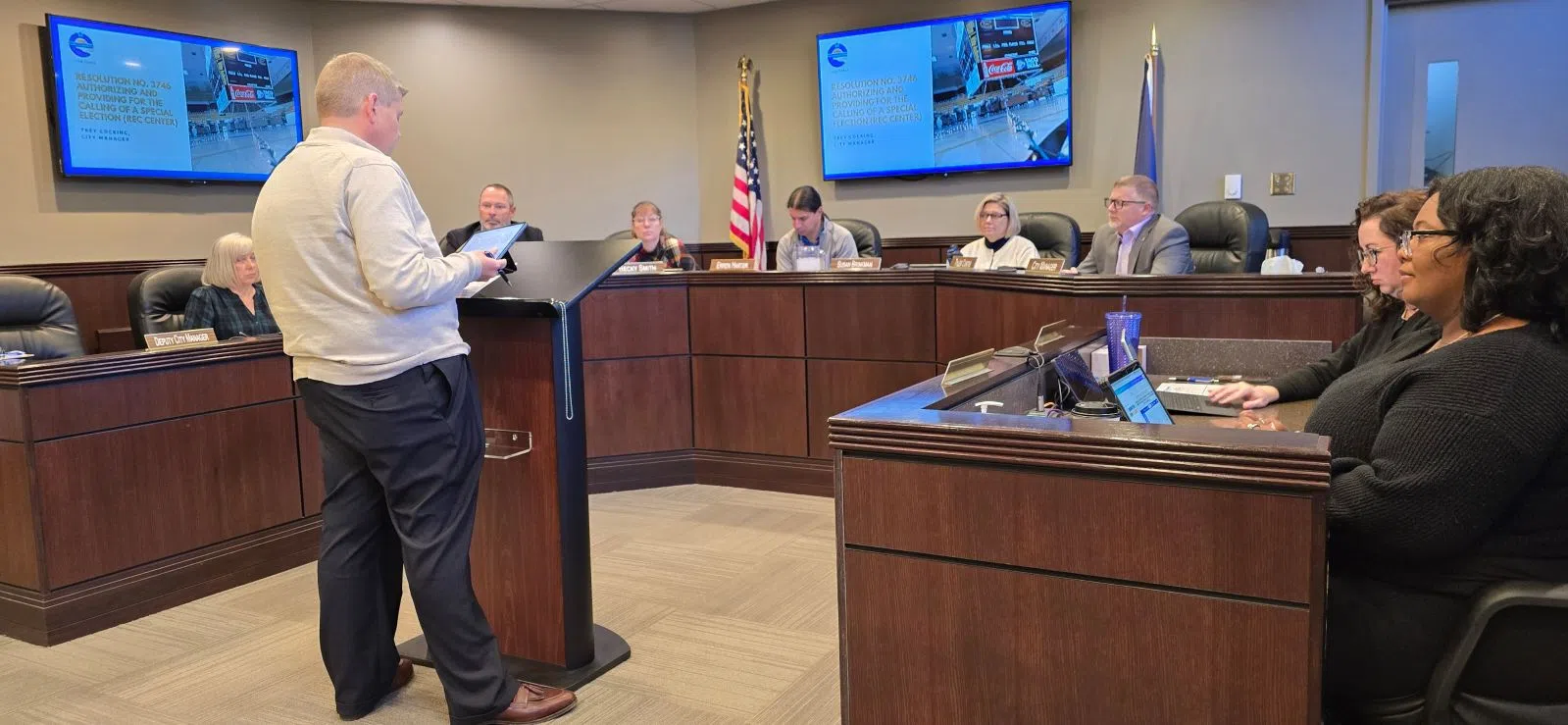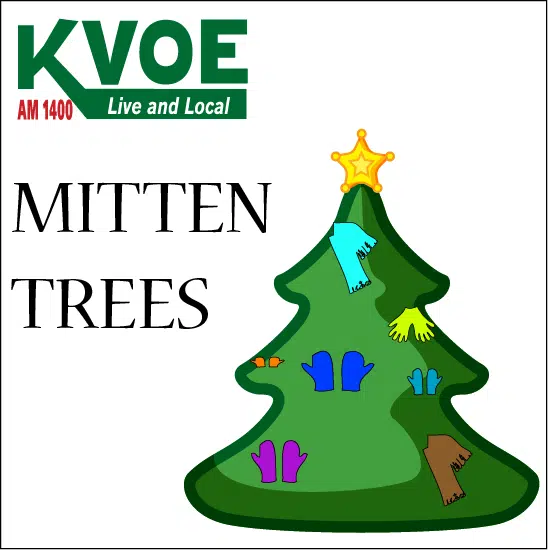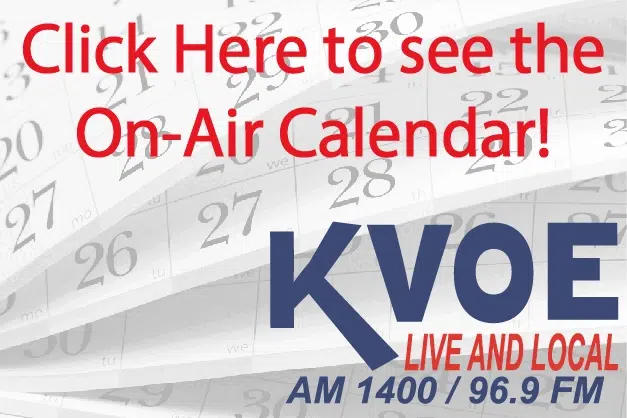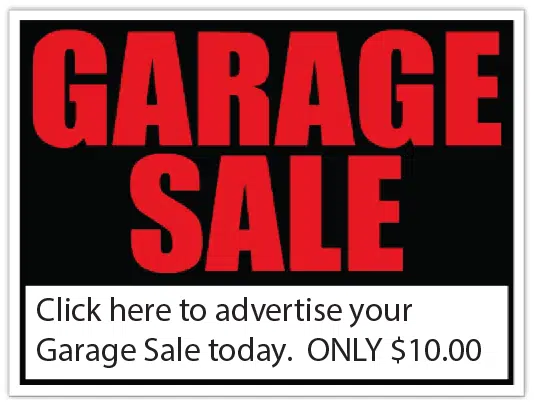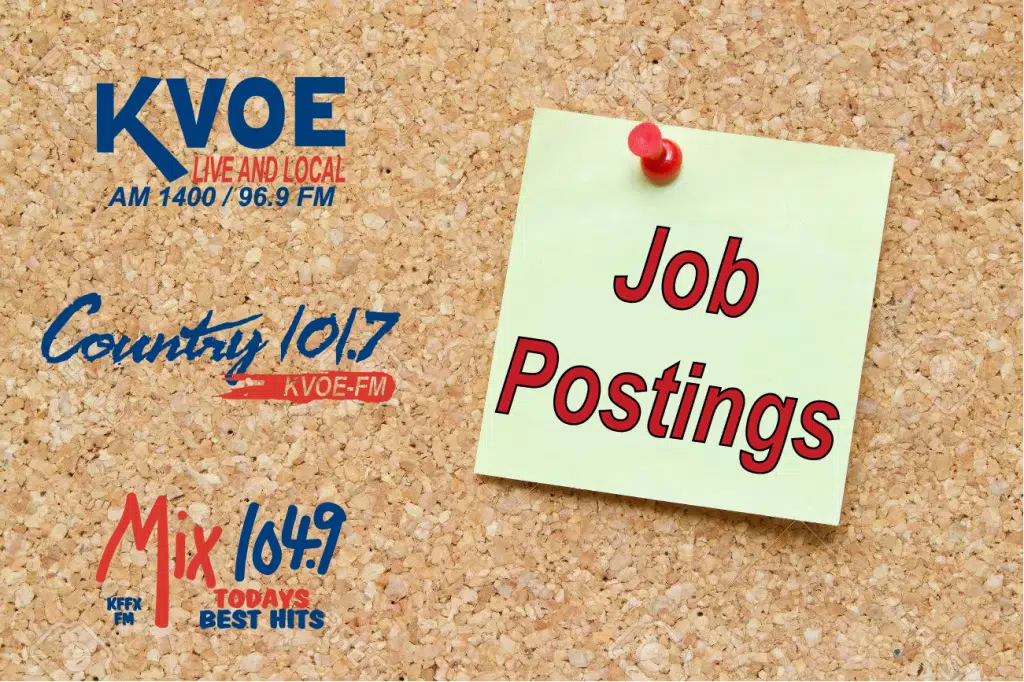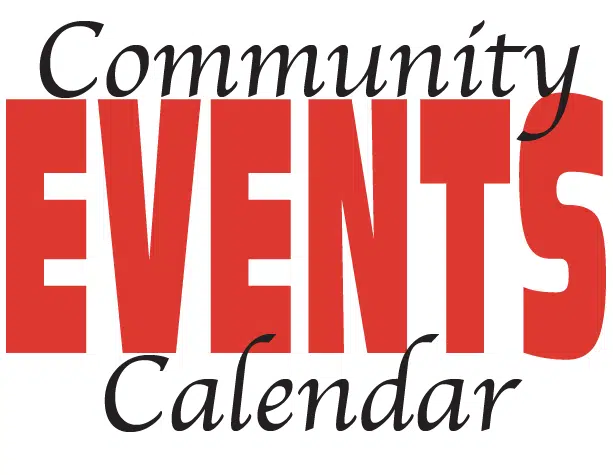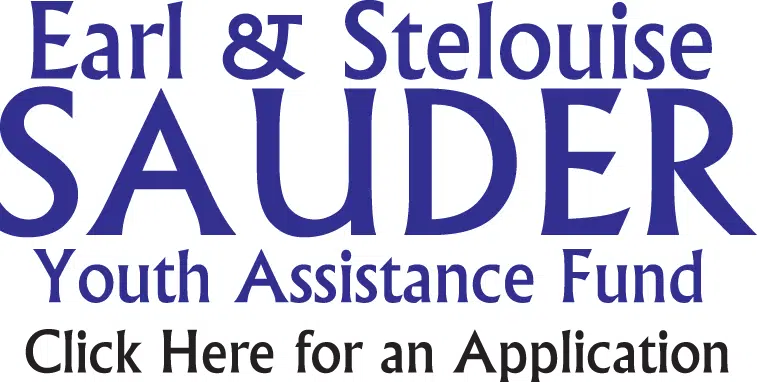If approved by voters in March, a city-wide half-cent sales tax could potentially do more than just help pay off the cost of a new Emporia recreation facility.
During their regular action meeting Wednesday morning, Emporia City Commissioners approved authorizing the special sales-tax question for a vote next spring. Following that approval, which was unanimous, City Commissioner Jamie Sauder expressed his personal support of the initiative saying that if Emporia is ever to reach its full potential, the community has to be willing to invest in it long-term.
Ahead of the official vote Wednesday, City Manager Trey Cocking noted that once the sales tax has served its official purpose, its usefulness may not end there. Cocking says there are a few factors that could play into a prolonged and more expansive use of those tax dollars first, the time in which it takes to pay off the original project bonds which have a 25-year lifespan and second, the tax’s impact on local taxpayers.
Exactly what those future uses could be is unclear with Cocking noting 25 years is a long way to look ahead, but he says anything that could leave to improved quality of life would be a primary focus. On the flip-side, Cocking also says the commission would have the ability to end the sales tax at any time with the above-mentioned factors again likely serving as the main points of consideration.
Approval of the ballot question followed the commission’s approval of the rec center steering committee’s final report and an amendment to the committee’s memorandum of understanding which were handled with separate votes. The sales-tax question vote will be held on Tuesday, March 4 and if approved would implement a half-cent sales tax on all retail goods starting in July.
Following its action meeting, the commission adjourned to City Conference Room 1AB for its regular study session where once again utility rate increases were the main item of business. It was mentioned following the commission’s previous meeting last Friday that the city was looking at a 10 percent total rate increase for water, wastewater and trash as a result of both inflationary pressures and the diminishing life span of city infrastructure.
One major question following those discussions was who would bear the brunt of the increase. That matter was addressed Wednesday with Cocking laying out the details in an interview with local media following the meeting.
No formal decisions have been made on the rate increase at this time with more discussions and possible action expected at the commission’s next regular meeting slate on December 4.





